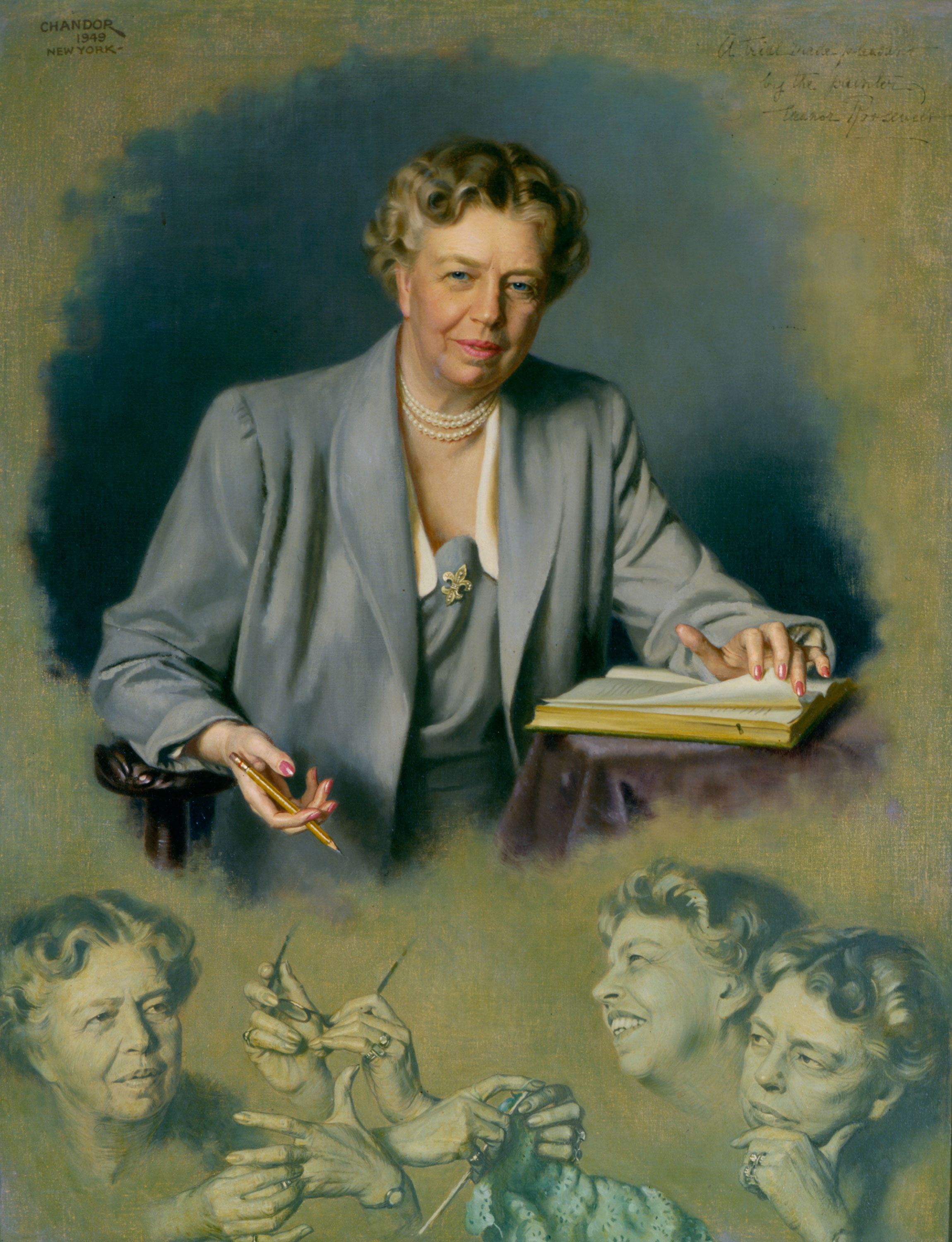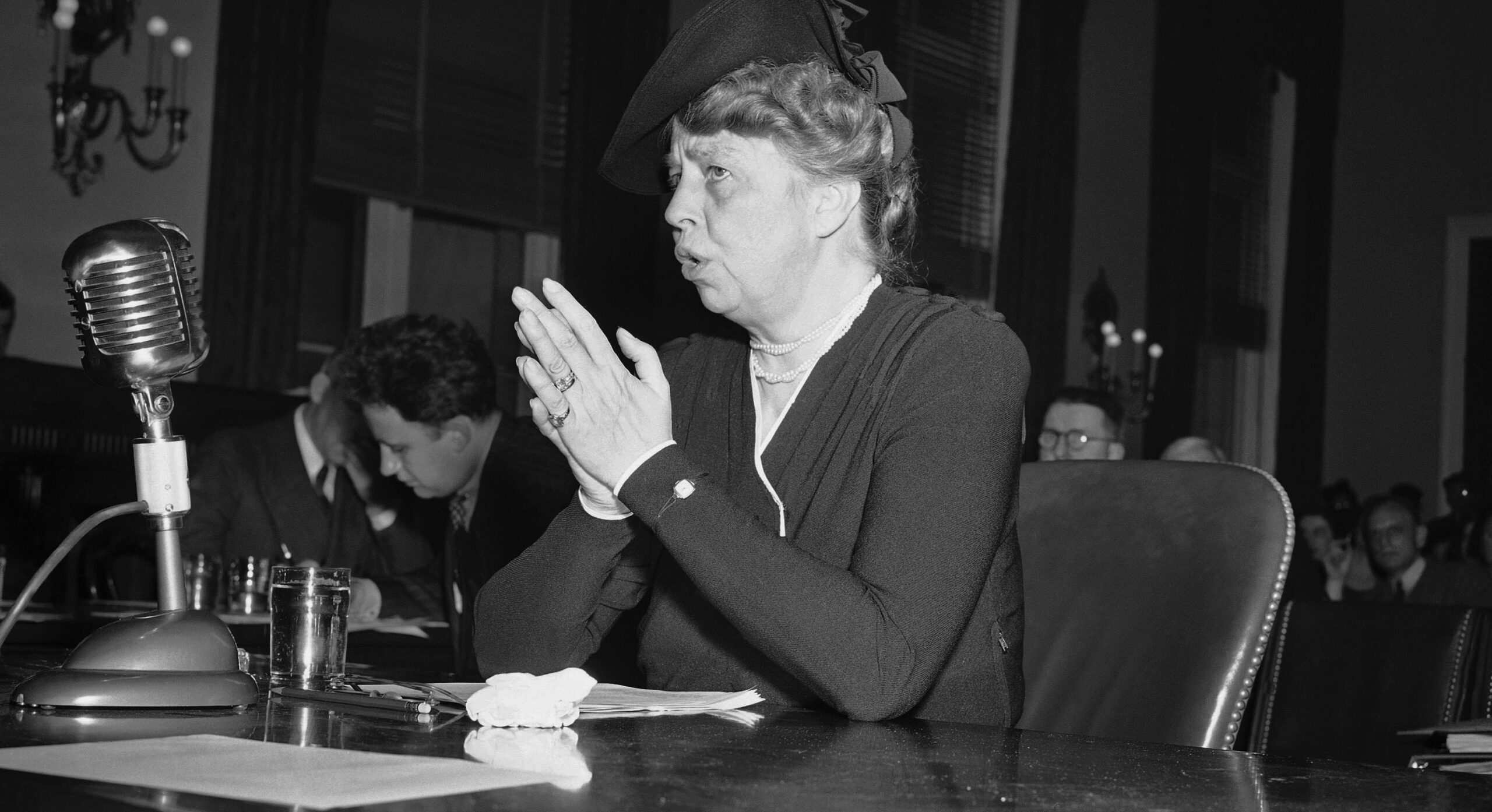Eleanor Roosevelt: A First Lady Who Redefined The Role
Eleanor Roosevelt, the longest-serving First Lady of the United States, played an unprecedented role as a political activist, humanitarian, and international diplomat, reshaping the traditional boundaries of the position and leaving a profound legacy that continues to resonate today.
A Trailblazing First Lady
Eleanor Roosevelt's activism began even before her husband, Franklin D. Roosevelt, was elected president. She was a passionate advocate for women's rights, serving as the first chairwoman of the United Nations Commission on Human Rights. Her commitment to social justice extended to the poor and marginalized, leading her to establish the Arthurdale community, an experimental project aimed at providing economic opportunities for unemployed miners.
During her time as First Lady, Roosevelt broke new ground by holding regular press conferences, expressing her views on political and social issues, and advocating for causes she believed in. She defied the traditional image of a First Lady as a silent supporter of her husband, instead using her platform to speak out on matters of national and international importance.
A Humanitarian and Diplomat
Roosevelt's humanitarian efforts extended beyond the United States. She was a tireless advocate for refugees fleeing Nazi Germany, and worked closely with the Red Cross to provide aid to war-torn Europe. After World War II, she played a key role in the establishment of the United Nations, and served as the United States delegate to the UN General Assembly for many years.
Critiques and Controversies
Roosevelt's outspoken activism and unconventional approach to the role of First Lady did not come without its critics. Some accused her of overstepping her bounds and interfering in her husband's political affairs. Others dismissed her social activism as mere publicity stunts.
Despite these criticisms, Roosevelt's legacy as a pioneering First Lady remains unassailable. She challenged the traditional expectations of the position, raised awareness about important issues, and left an enduring mark on American politics and society.
Scholarly Perspectives
Numerous scholars have analyzed the complexities of Eleanor Roosevelt's role. Susan Ware's "Partner and Rival: The Politics of Gender in the Roosevelt Marriage" examines the tensions and collaborations between Roosevelt and her husband. Blanche Wiesen Cook's "Eleanor Roosevelt: Volume 1, 1884-1933" provides a detailed account of her early life and activism.
News Articles and Popular Culture
Roosevelt's impact has been widely recognized in news articles and popular culture. A 2019 New York Times article hailed her as "the most consequential First Lady in American history." The 2014 film "Hyde Park on Hudson" explored her relationship with King George VI of England.
Conclusion
Eleanor Roosevelt's legacy as a transformative First Lady is undeniable. She defied the traditional boundaries of the role, using her platform to advocate for social justice, humanitarianism, and international diplomacy. Her activism and outspokenness challenged societal expectations and left a lasting impact on American politics and society.
Roosevelt's story serves as a reminder that even in traditional roles, individuals can find ways to push boundaries, speak out against injustice, and make a meaningful difference in the world. Her example continues to inspire generations of activists and leaders to use their voices and platforms to create a more just and equitable society.
Chris Hemsworth’s Workout Routine: The Secret Behind His Hollywood Physique
Sam Frost: Reality Star Turned Media Personality Who Faced Backlash
Kang Bu-ja: The Actress Who Stirred Controversies With Her Public Behavior



